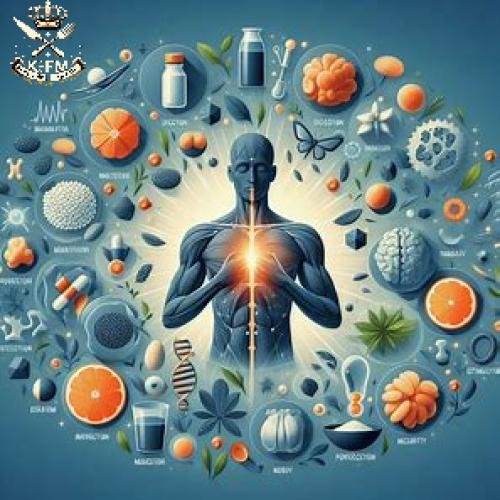Green beans are a nutritious vegetable, rich in fiber and antioxidants that help lower cholesterol, regulate blood pressure, combat free radicals, and protect against diseases. They are packed with vitamins that boost the immune system and guard against chronic illnesses, particularly vitamin K, which contributes calcium to bones, making them stronger and more resilient while reducing the risk of osteoporosis. Vitamin K also plays a crucial role in blood clotting, preventing excessive bleeding. To enjoy their health benefits and nutritional value, we will present the best methods for storing green beans.

Methods for Storing Green Beans:
Choosing Green Beans: Choose beans that are bright green in color and firm to the touch, avoiding those with brown spots or that feel soft when touched.
Refrigeration Storage:
- Wash and Dry the Beans: Rinse the beans thoroughly under cold water and dry them with a paper towel.
- Store in Ventilated Bags: Place the beans in perforated plastic bags to allow air circulation, and store them in the vegetable drawer of the fridge. This helps retain moisture and prevent mold growth.
Freezing for Later Use:
- Prepare the Beans: Wash the beans, trim the ends, and cut them into smaller pieces if desired.
- Blanching: Blanch the beans in boiling water for 2-3 minutes, then drain them and immediately place them in cold water to stop the cooking process.
- Dry the Beans: Dry the beans thoroughly using a paper towel.
- Freeze in Single Layers: Lay the beans on a baking sheet in a single layer and freeze until solid, then transfer them to airtight freezer bags.
Nutritional Value and Health Benefits:
In addition to fiber and vitamins K and C, green beans are rich in vitamin A, essential for healthy skin and vision, and folic acid, which is vital for the health of pregnant women and their babies.
Heart Health:
The fiber in green beans helps lower bad cholesterol levels, reducing the risk of heart disease. It also aids in regulating blood pressure.
Weight Loss:
Their high fiber content promotes a feeling of fullness, helping to reduce appetite and manage weight. Additionally, they are low in calories.
Immune System Support:
The vitamin C in green beans boosts the immune system and protects the body from illnesses.
Digestive Health:
- Regulating Bowel Movements:
The fiber in green beans acts as a "cleanser" for the intestines, aiding in regulating bowel movements and preventing constipation. - Feeding Beneficial Gut Bacteria:
Fiber serves as a primary food source for beneficial gut bacteria, which play a crucial role in digestive health.
Blood Sugar Control:
- Regulating Sugar Absorption:
The fiber in green beans helps slow the absorption of sugar into the bloodstream, preventing sudden spikes and maintaining stable sugar levels. - Diabetes-Friendly:
This property makes green beans an excellent choice for diabetics.
Skin Health:
- Radiance and Vitality:
The vitamins and minerals in green beans contribute to maintaining skin radiance and vitality, helping to delay signs of aging.
Cancer Prevention:
- Antioxidants:
Green beans contain antioxidants that combat free radicals, which play a role in the development of cancer cells.
Caution:
Green beans are suitable for most people, but individuals with digestive issues or allergies to green vegetables are advised to consult a doctor.




















